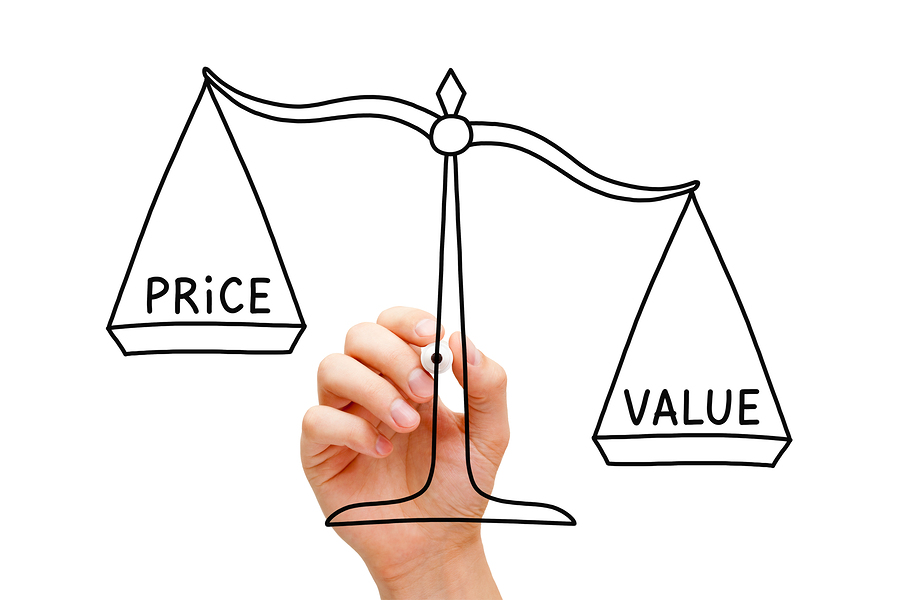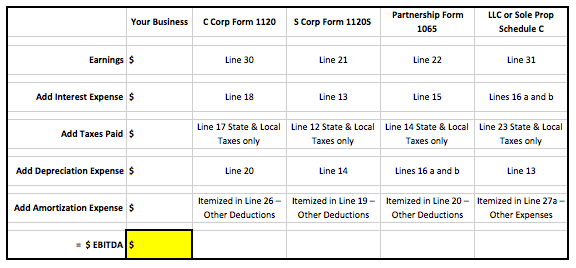Depending on the circumstances and objective of the owner, the value of a business can vary considerably. For instance, upon sale to unrelated party, an owner would expect to receive the maximum purchase price for their business the unrelated party is willing to pay. However, that same sale to a family member or employee may need to be structured so the cash flow of the business can support the purchase price.
For a closely held business, owners generally have little idea about the value of their business, or whether their business is generating an adequate return on investment, and what drives its value.











